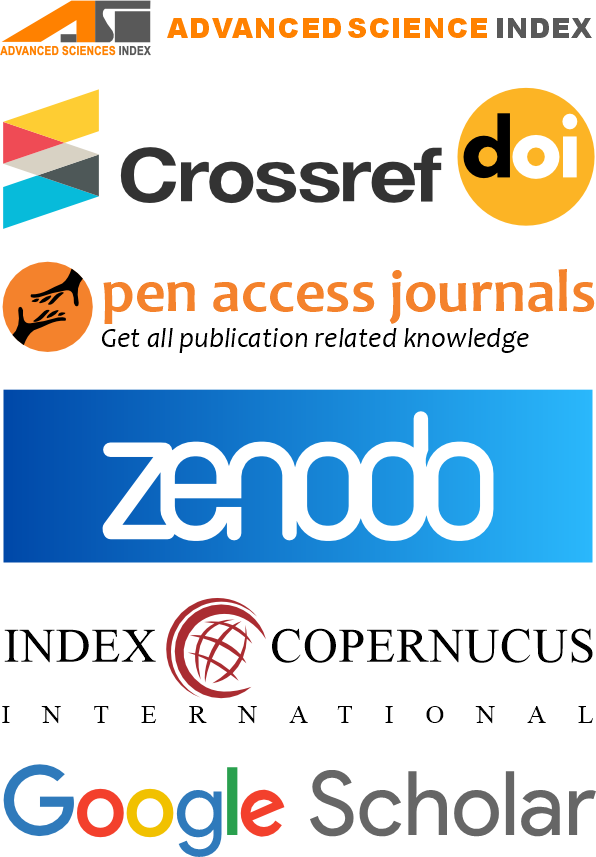Aligning Assessment and Learning Outcomes: A Case Study of Khyber Pakhtunkhwa 6th Grade Textbook of Science
DOI:
https://doi.org/10.62997/rl.2025.42070Keywords:
Alignment, Curriculum, General Science, Learning Outcomes, Science TextbookAbstract
This study aimed to align assessment with outcomes. A case study of grade 6 textbook of science with objectives to find out the students learning outcomes of grade 6 textbook of general science at Elementary and Secondary Education in Khyber Pakhtunkhwa, to find out the assessment techniques assigned with SLOs to grade 6 of science at Elementary and Secondary level in Khyber Pakhtunkhwa, to align the SLOs with assessment techniques of 6th grade science textbook to find coincidences or otherwise. The research questions were, what are the students’ learning outcomes of grade 6th textbook of the science subject at Elementary level in Khyber Pakhtunkhwa? What are the assessment techniques assigned to those SLOs of grade 6th textbook at Elementary level in Khyber Pakhtunkhwa? What are the coincidences of the SLOs and assessment techniques of grade 6th science at elementary level in Khyber Pakhtunkhwa?
References
Adam, S. (2004, July). Using learning outcomes. In Report for United Kingdom Bologna Seminar (Vol. 1, No. 2).
Ahmad, S., & Khan, R. (2020). Exploring the Effectiveness of Science Training Program on the Performance of Science Teachers at Secondary School Level of Khyber Pakhtunkhwa. Dialogue (Pakistan), 15(2).
Bhatti, A. J. (2015). Curriculum Audit: An analysis of curriculum alignment at secondary level in Punjab. Unpublished PhD Dissertation). International Islamic University, Islamabad.
Bibi, F. (2021). Analysis of Relevancy of Secondary School Science Curriculum with Bloom’s Taxonomy in Khyber Pakhtunkhwa (dissertation).
Choong, C. (2013). Definition of Assessment, Its Purpose in Classroom Assessment and Assessment Techniques. Department of English at King Fahad University of Petroleum and Minerals (KFUPM).
Donnelly, R., & Fitzmaurice, M. (2005). Collaborative project-based learning and problem-based learning in higher education: A consideration of tutor and student role in learner-focused strategies. https://arrow.tudublin.ie/ltcbk/6/
Jenkins, A., & Unwin, D. (2001). How to write learning outcomes.
Kennedy, D. (2006). Writing and using learning outcomes: a practical guide. University College Cork. https://hdl.handle.net/10468/1613
Lambert, D., & Lines, D. (2000). Understanding Assessment. London: Routledge Falmer.
Mahajan, M., & Singh, M. K. S. (2017). Importance and benefits of learning outcomes. IOSR Journal of Humanities and Social Science, 22(03), 65–67. https://doi.org/10.9790/0837-2203056567
Price, K. M., & Nelson, K. L. (2007). Planning Effective Instruction: Diversity Responsive Methods and Management. Thomson/Wadsworth.
Roberts, L. A. (2010). Assessing Ourselves: Confirming Assumptions and Improving Student Learning by Efficiently and Fearlessly Assessing Student Learning Outcomes. Drexel L. Rev., 3, 457. https://drexel.edu/law/lawreview/issues/Archives/v3-2/roberts/
Tontus, O. (2020). Concept of assessment and evaluation. Glossary of Assessment & Evaluation in Higher Education.
Walvoord, B. E. (2010). Assessment clear and simple: A practical guide for institutions, departments, and general education. John Wiley & Sons.






